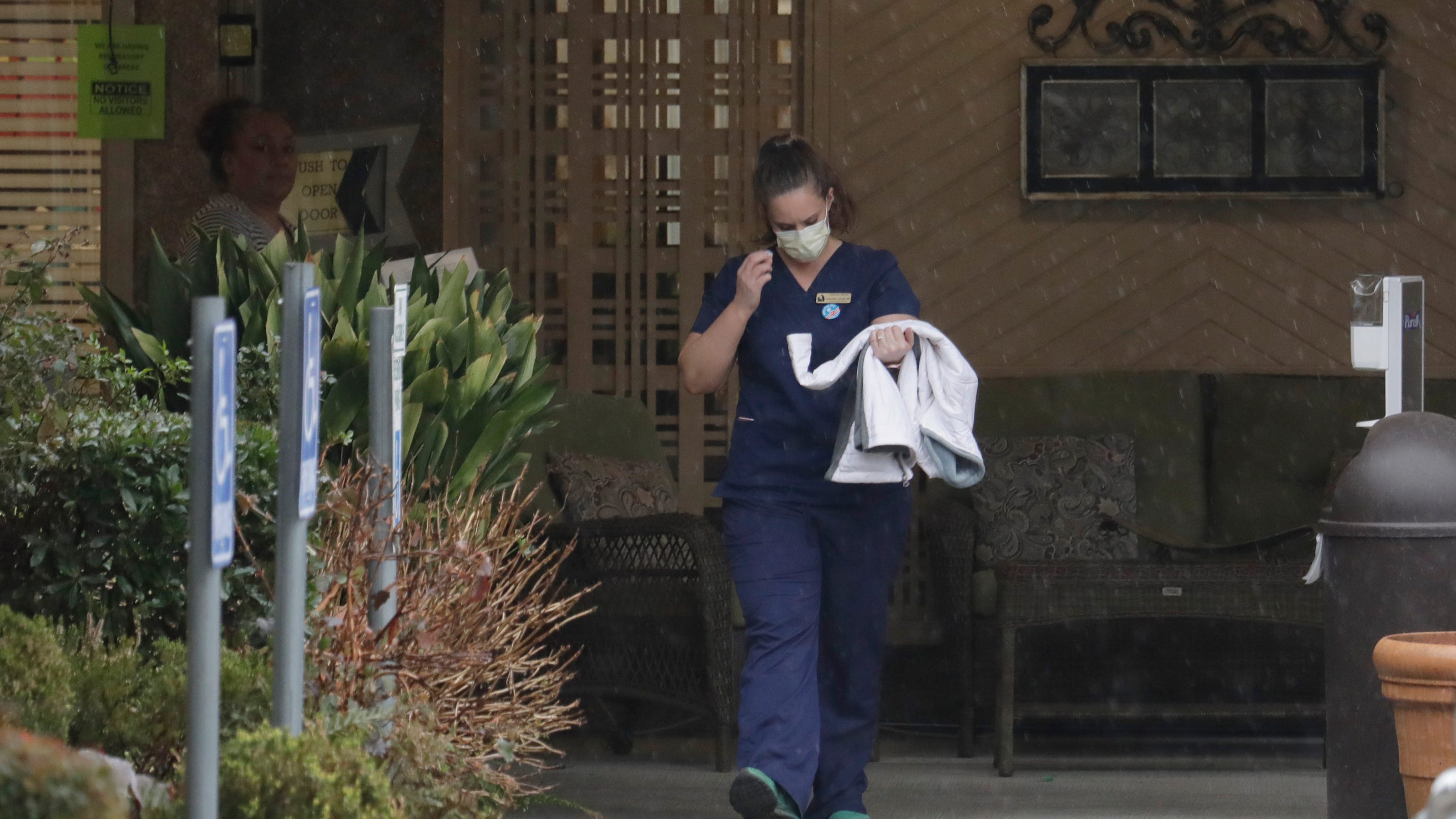2 min
National Day of Unplugging – Manhattanville College expert offers insights on impacts and solutions for students in the digital age.
March 6 is the National Day of Unplugging. Communications Professor Joni Siani at Manhattanville College is spearheading a unique project, the “No App For Life” challenge, to address the unintended consequences affecting the first digitally socialized generation. The challenge encourages a week of refraining from social media apps and reminds students that they are human and have all the apps they need to feel connected. “Our college students are considered the first digitally socialized generation,” said Siani. “We've seen the decline in soft skills along with a rise in anxiety, affecting their success in college and both their professional and personal lives. We're dedicated to giving students the skills they need.” Siani has dedicated her research to creating effective solutions to reverse the effects of growing up online. Beginning with the award-winning documentary “Celling Your Soul,” the No App For Life challenge evolved over a ten-year period into a comprehensive project, meeting students where they are with a deep level of compassion that focuses on empowerment. This portion of the curriculum from her classes was so well received, students encouraged Siani to expand it campus-wide. Siani discovered the benefits of the project were not about "going without, but, going within." This is "not anti-technology, but pro-human." Many educators encourage some type of digital abstinence, but Siani created a more comprehensive curriculum that works in a positive approach. The No App For Life challenge provides a writing activity and observational tasks that teach specific skills to practice and hone. Students report these strategies as "life changing" and incorporate the new behaviors into their daily lives with a positive effect on their relationships and mental health. As Siani explains, "Nobody wants to hear that the thing they love isn't good for them. The No App For Life challenge provides students with the skills they need to navigate their world using their ‘human apps.’ Going without their digital default methods, they build self-esteem and confidence while their phones are on the back burner. When students learn how to communicate to have their needs met and address anxiety and stress, they actually are excited to test out their new skills. They want to learn about themselves. This is a personal motivation strategy." If you are a journalist covering the National Day of Unplugging or looking to know more about how technology is impacting society, let the experts from Manhattanville College help with your stories.




